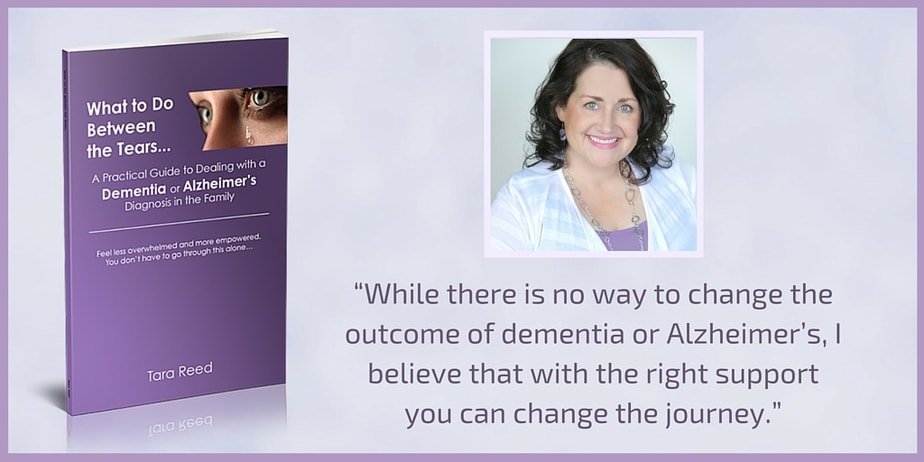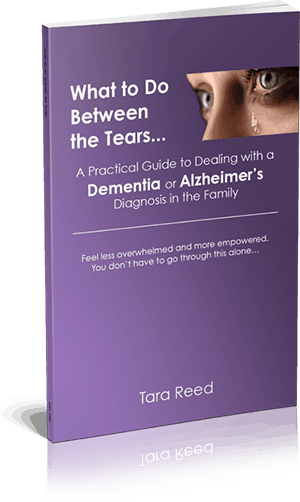On my son’s 19th birthday we got the news from the neurologist: your dad not only has vascular dementia but also Alzheimer’s.
Earlier in the day I was sad that I wouldn’t be able to light candles on my son’s cake since he was over 3,000 miles away starting his freshman year of college. After the call, I was glad he wasn’t home so I could cry and release some of the grief and anguish I felt.
It wasn’t as if it was a surprise to my family but rather a confirmation of our worst fears. My dad had not one but two kinds of dementia and the road ahead would not be easy. He didn’t believe there was anything wrong either – which at the time created a lot of anger and conflict as he believed we were all trying to control him when we were simply trying to keep him safe and get him help.
I felt frightened, powerless and overwhelmed by what was to come. Normally an action-oriented person, there was so much that was out of my control. One of my biggest lessons from this journey has been learning to know what I can and can’t control and to be at peace with it.
I cried… a lot. But then between the tears, I went to work looking for things I could put on a to-do list. What did we need to figure out, what plans needed to be put in place, what costs did we need to anticipate or decisions should we discuss in regards to future care?
I made lists. I called family meetings. I learned as much as I could about Alzheimer’s and how to handle the unusual behaviors we were faced with from a man who had been so solid and consistent his entire life.
Something inside me knew, even then, that I would one day write and share what I learned with others. I wanted to help other families create some order in the chaos and be as prepared as possible for the journey ahead.
I share practical things that can be done to make the journey a little smoother. Things to do between the tears because there will be many, many tears.
Many have shared how helpful my book, What to Do Between the Tears… A Practical Guide to Dealing with a Dementia or Alzheimer’s Diagnosis in the Family has been to them and others wish they had it when there were in the beginning stages with their loved one.
While there is no way to change the outcome of dementia or Alzheimer’s, I believe that with the right support you can change the journey. I am now working on more resources to help family caregivers, especially in regards to the Emotions of Disease. Learning to move through the grief, anger, worry and other negative feelings to more positive emotions like feeling resigned, courageous or connected is an art form and one that I am sharing with anyone who will listen.
Alzheimer’s leaves a mark on everyone it touches – it’s a journey no one chooses but one you can’t get off once you are on it. You can, however, impact what your journey looks like.
Wishing you as much peace and joy as you can find while you walk this road with your loved one(s).
 Tara Reed is an artist, author, speaker and the creator of PivotToHappy.com – a website dedicated to helping people with a loved one with dementia or Alzheimer’s navigate the journey.
Tara Reed is an artist, author, speaker and the creator of PivotToHappy.com – a website dedicated to helping people with a loved one with dementia or Alzheimer’s navigate the journey.
Tara is personally affected as her father was diagnosed in 2012. She has been living the journey and also holds professional certifications from the Alzheimer’s Association in Basic Dementia Care, Activities of Daily Living and Dementia-Related Behaviors.




3 Responses
So impressive! Tara’s strength under pressure and resilience with a purpose comes through loud and clear. Her positive messages should resonate in the caregivers’ community. Well said, Tara!
Thank you Ron! Remembering WHY it’s so important to be resilient (love for my dad and family in my case) can get you through some tough times. AND of course planning ahead so you aren’t making decisions in crisis mode. 🙂
Tara, you are brilliant and wise about this journey. Moving through the real and challenging emotions to the high ground is an art form, and I’m glad you’re sharing these strategies with the world. Thank you!